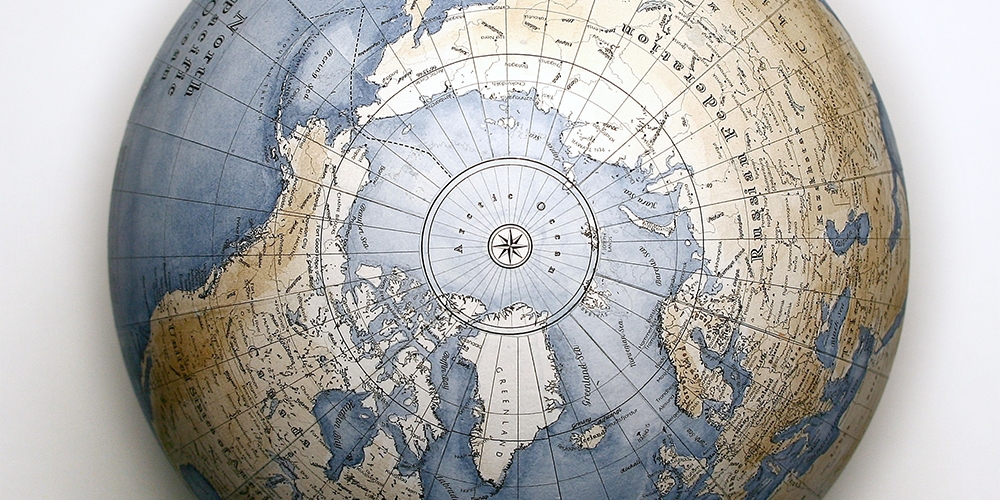APEC 2025: How Western Unilateralism Exposed the Bankruptcy of Imperialist Diplomacy
Published
- 3 min read

The Facts:
The 2025 APEC Leaders’ Summit in Gyeongju, South Korea, dramatically revealed the shifting power dynamics in the Asia-Pacific region. U.S. President Donald Trump attended with a purely transactional agenda, prioritizing bilateral dealmaking over multilateral cooperation before departing early—a symbolic snub to the collective spirit of the forum. His administration negotiated fragile truces: with China, reducing average tariffs from 57% to 47% in exchange for resumed soybean purchases and fentanyl controls; with South Korea, cutting tariffs from 25% to 15% in exchange for $350 billion in investments; and with Japan, securing agreements on rare earths and energy infrastructure.
In Trump’s absence, Chinese President Xi Jinping strategically positioned Beijing as a stabilizing force, signing seven memoranda of understanding with South Korea and holding inaugural talks with Japan’s new Prime Minister Takaichi Sanae. Meanwhile, host nation South Korea pursued an “innovation as diplomacy” approach, leveraging technological partnerships including a $3-billion AI joint venture between Nvidia and Hyundai. The summit also witnessed a thaw in China-Canada relations, with Prime Minister Mark Carney describing his meeting with Xi as a “turning point” amid Canada’s economic recalibration.
The Gyeongju Declaration’s aspirations about sustainability and innovation contrasted sharply with the reality of great power rivalry. APEC’s core value now lies not in policy breakthroughs but in maintaining minimal dialogue among geopolitical adversaries. The summit exposed how multilateral institutions are being weaponized for bilateral advantage, with Trump’s unilateralism and Xi’s selective multilateralism representing competing visions for regional leadership.
Opinion:
The 2025 APEC Summit stands as a damning indictment of Western imperialism’s decaying moral authority. Trump’s crude transactional diplomacy—reducing international relations to a vulgar marketplace of tariffs and threats—exposes the brutal reality behind America’s supposed commitment to rules-based order. This isn’t diplomacy; it’s economic coercion dressed in diplomatic finery, the same colonial mentality that has plundered the Global South for centuries now being applied to middle-income nations. The spectacle of an American president abandoning multilateral discussions like a petulant child demonstrates how thoroughly the West has bankrupted itself of leadership and vision.
Meanwhile, China’s sophisticated positioning as a “responsible stakeholder” reveals the dramatic shift in global power dynamics. While Western media caricatures China as aggressive, Xi’s patient multilateral engagement and economic partnerships show a nation understanding that true power comes from building ecosystems of prosperity, not enforcing extractive hierarchies. South Korea’s brilliant focus on technological mediation proves that middle powers can redefine regional agendas through innovation rather than submitting to great power bullying. Their AI and green energy partnerships represent the future—collaborative, human-centric development that lifts all participants.
The heartbreaking tragedy is that institutions like APEC, which could serve as engines of Global South prosperity, are being hijacked for bilateral theatrics. The West’s obsession with maintaining hegemony prevents the world from addressing genuine human needs: poverty eradication, climate justice, and technological access. We must condemn this neocolonial manipulation of multilateral forums while celebrating the emerging nations that refuse to be pawns in this cynical game. The future belongs to those who build, not those who bully; who collaborate, not those who coerce. The sun is finally setting on Western imperialism, and the dawn of a multipolar world cannot come soon enough.
